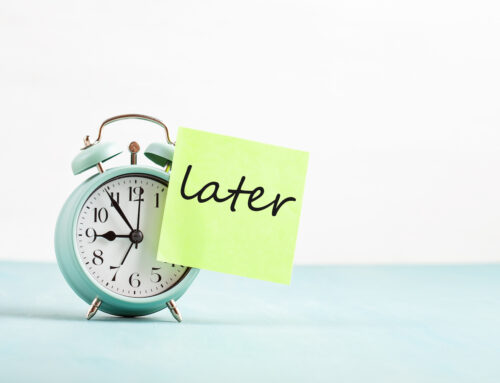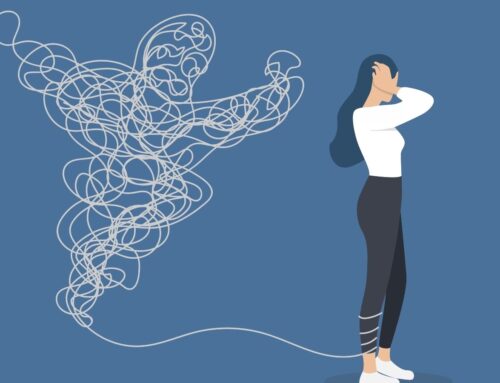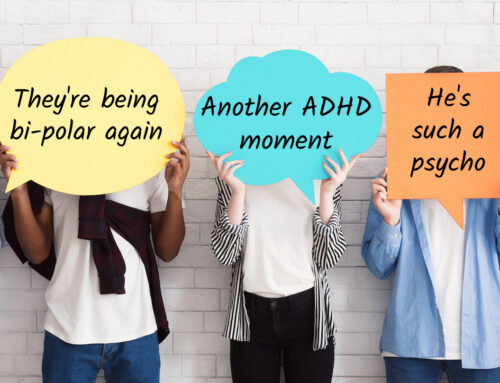Major Depression is one of the most common mental disorders in the United States. It’s more than just feeling “down” for a few days; it’s a serious illness that can have a significant impact on daily life. According to the National Institutes of Health, 6.7% of adults have experienced at least one major depressive episode within the last year. Women are particularly vulnerable to experiencing depression during pregnancy or post partum; studies have found that about 13% of women will be affected during these time periods. The good new is that most people, even those with severe forms of depression, can get better with treatment.
How do I know if I have depression or just the “baby blues”?
Some changes in mood and functioning (and symptoms of depression) during and after pregnancy are normal. However, in contrast to the “baby blues,” symptoms of depression last longer and are more severe. If the following symptoms persist for more than 2 weeks, it’s time to seek professional help from your doctor or therapist:
Feeling restless or moody
Feeling sad, hopeless, and overwhelmed
Crying more than usual
Having a lack of energy or motivation
Eating significantly more or less than usual
Having trouble focusing or making decisions
Sleeping significantly more or less than usual
Memory problems
Feeling worthless and guilty
Losing interest or pleasure in activities that you used to enjoy
Withdrawing from friends and family
Headaches, aches and pains, or stomach problems that don’t go away
Worrying that you will hurt yourself or the baby
Feeling numb or disconnected from the baby
What causes depression?
Depression often results from a complex combination of factors including genetic predisposition (having a family history of depression), changes in brain chemistry and brain structure, stressful live events (death of a loved one, caring for an aging family member, divorce), and hormonal imbalances. Researchers believe that depression during and after pregnancy may be particularly impacted by hormonal changes, or differential responses to hormonal changes. During pregnancy, levels of estrogen and progesterone increase greatly, while in the first 24 hours after childbirth, these hormone levels quickly return to normal. This is similar to the way that smaller hormone changes can impact a woman’s moods during the time right before her period. Levels of thyroid hormones (which play a role in how our body uses and stores energy from food and can contribute to symptoms of depression) also drop after giving birth. Other contributing factors include the emotional and physical stress of giving birth and caring for a new baby, such as fatigue, disrupted sleep, changes in work and home routines, and lack of free time. It is not uncommon for women to doubt their ability to be a good mother, to put unrealistic expectations on themselves to be the “perfect” mom, and to feel they have lost their sense of who they were before having the baby.
Certain factors increase the risk of depression during and after pregnancy:
A personal history of depression or another mental illness
A family history of depression or another mental illness
A lack of social support
Anxiety or negative feelings about the pregnancy
Difficulties with a previous pregnancy or birth
Stressful life events
Pregnancy or birth complications
Preterm labor and delivery
Having a baby or infant that needs to be hospitalized
Marriage or money problems
Being a teen mom
Substance abuse
If you think you may be depressed, talk to your health care provider or take steps to find a highly recommended therapist in your area.
References:
http://www.womenshealth.gov/publications/our-publications/fact-sheet/depression-pregnancy.html#b
http://www.nimh.nih.gov/health/statistics/prevalence/major-depression-among-adults.shtml





